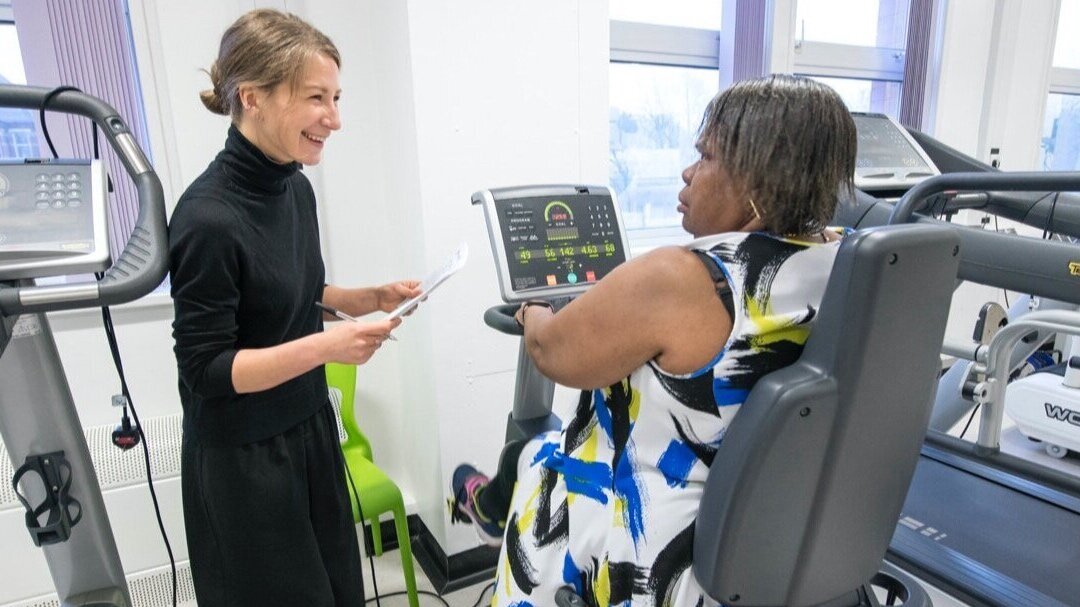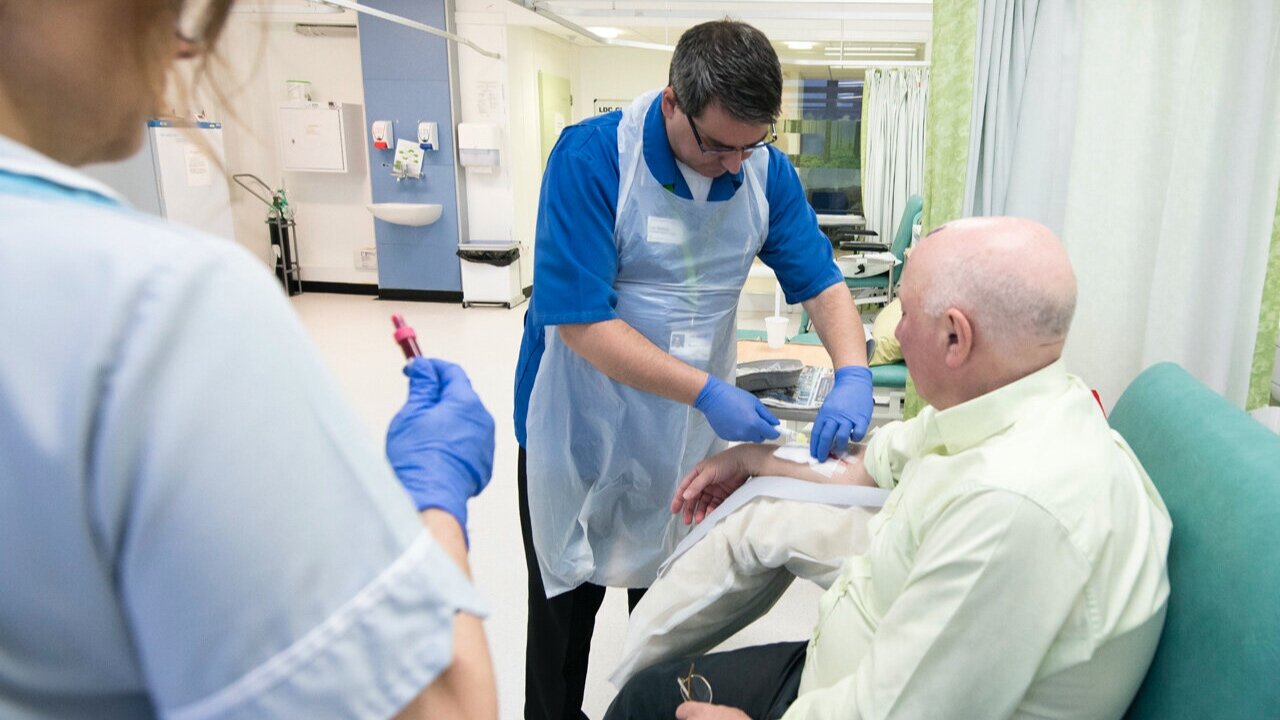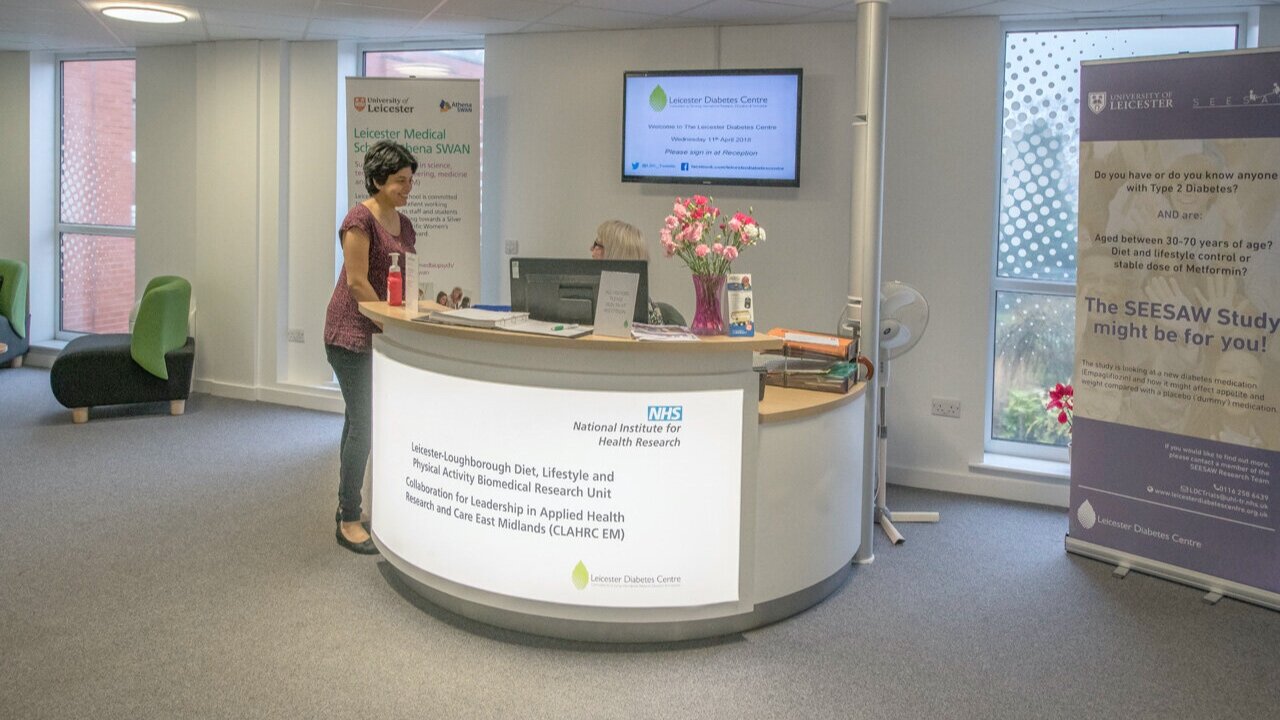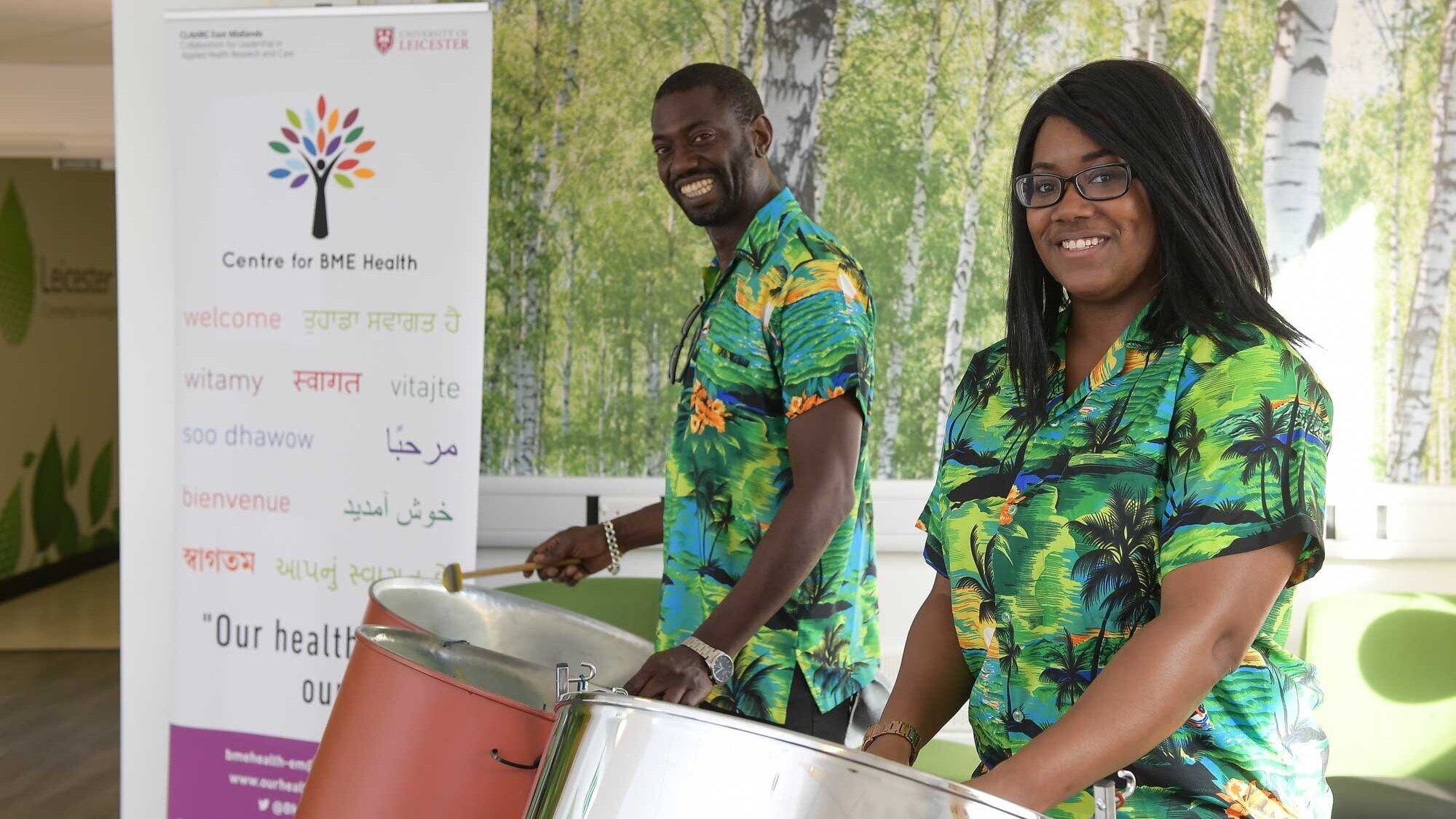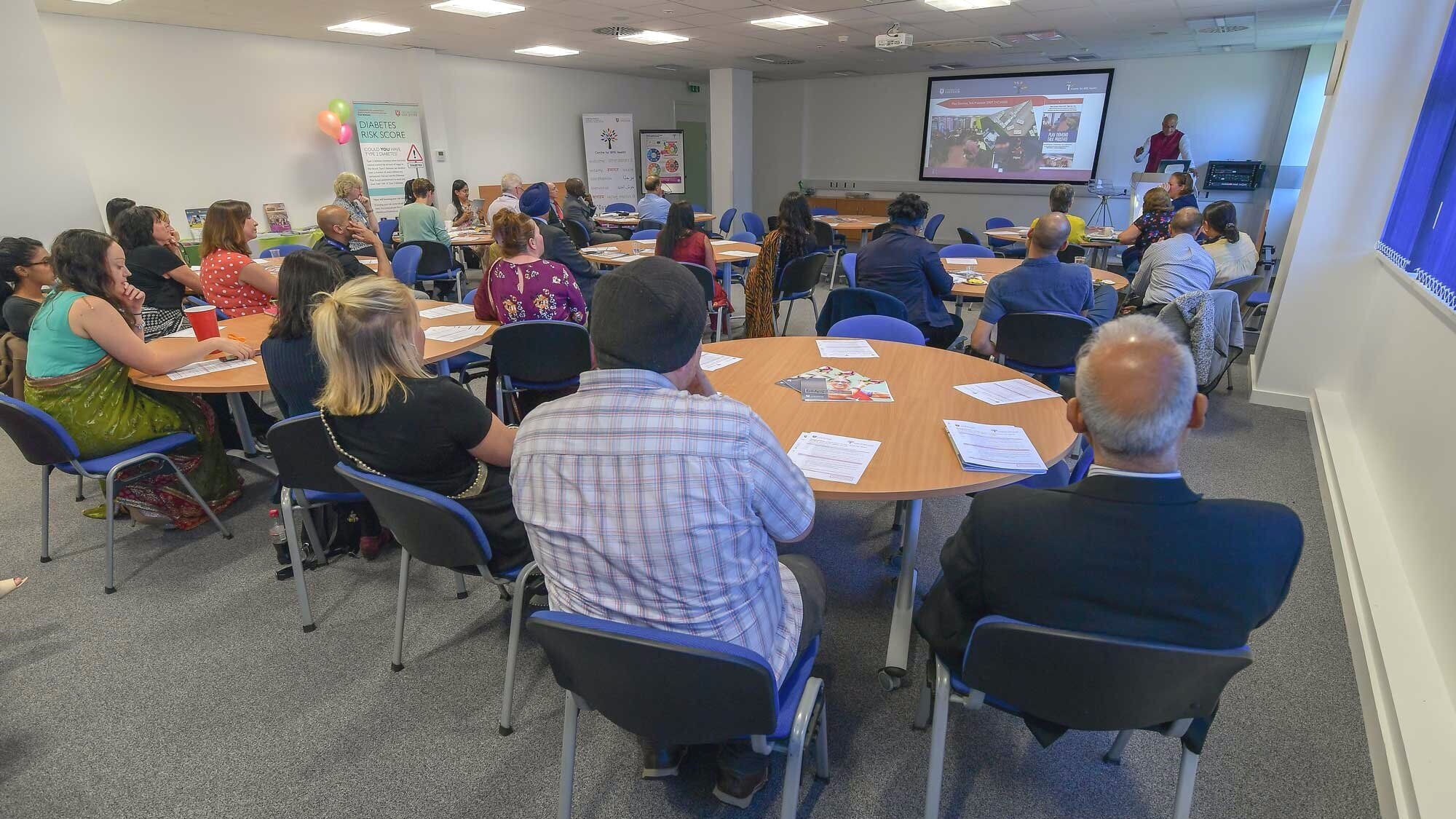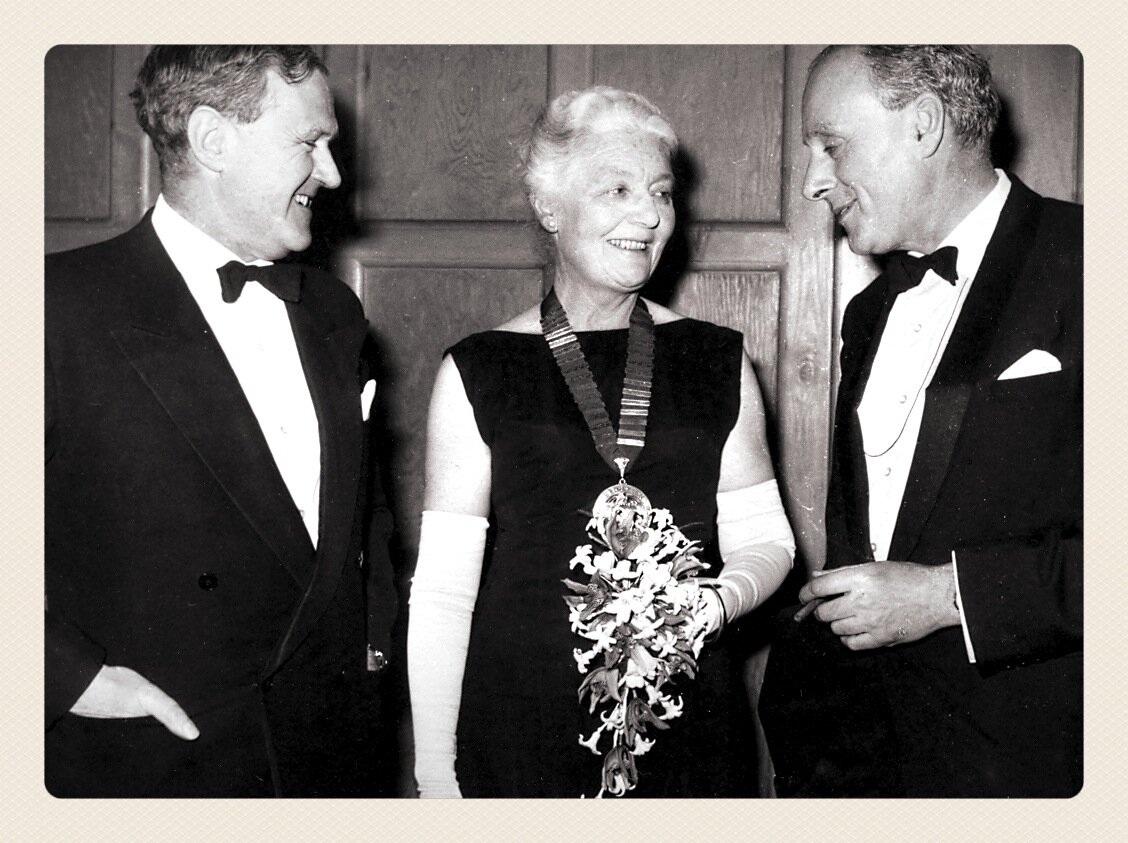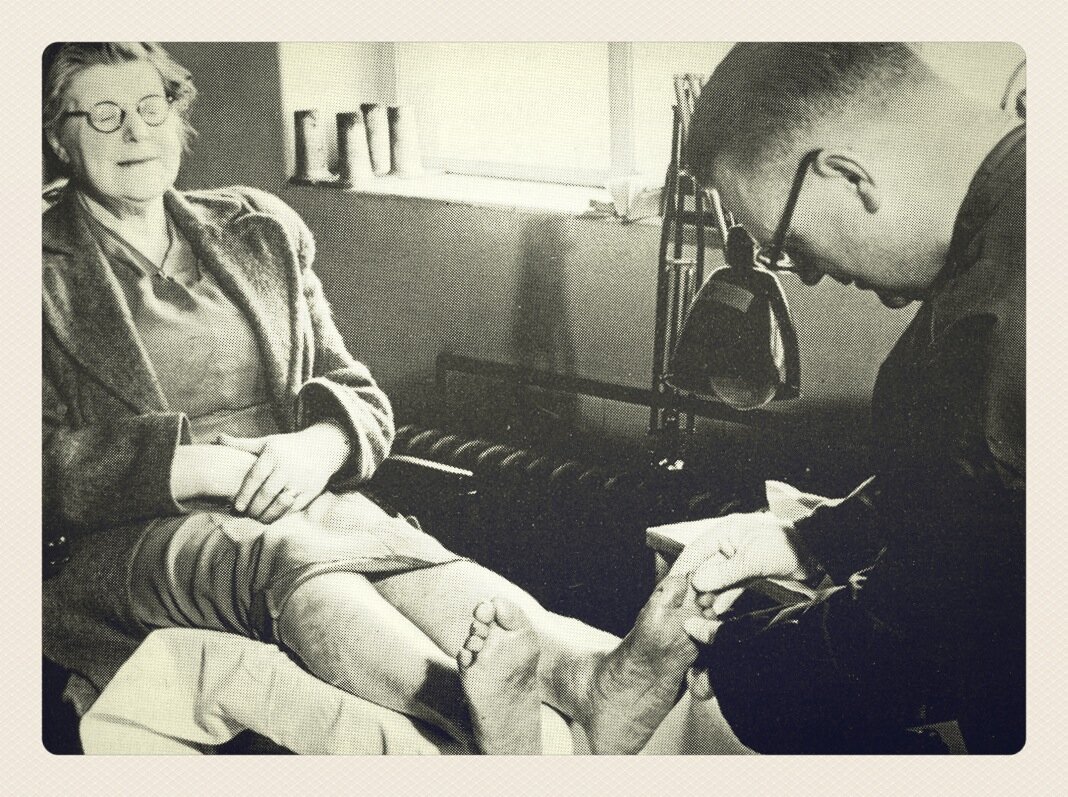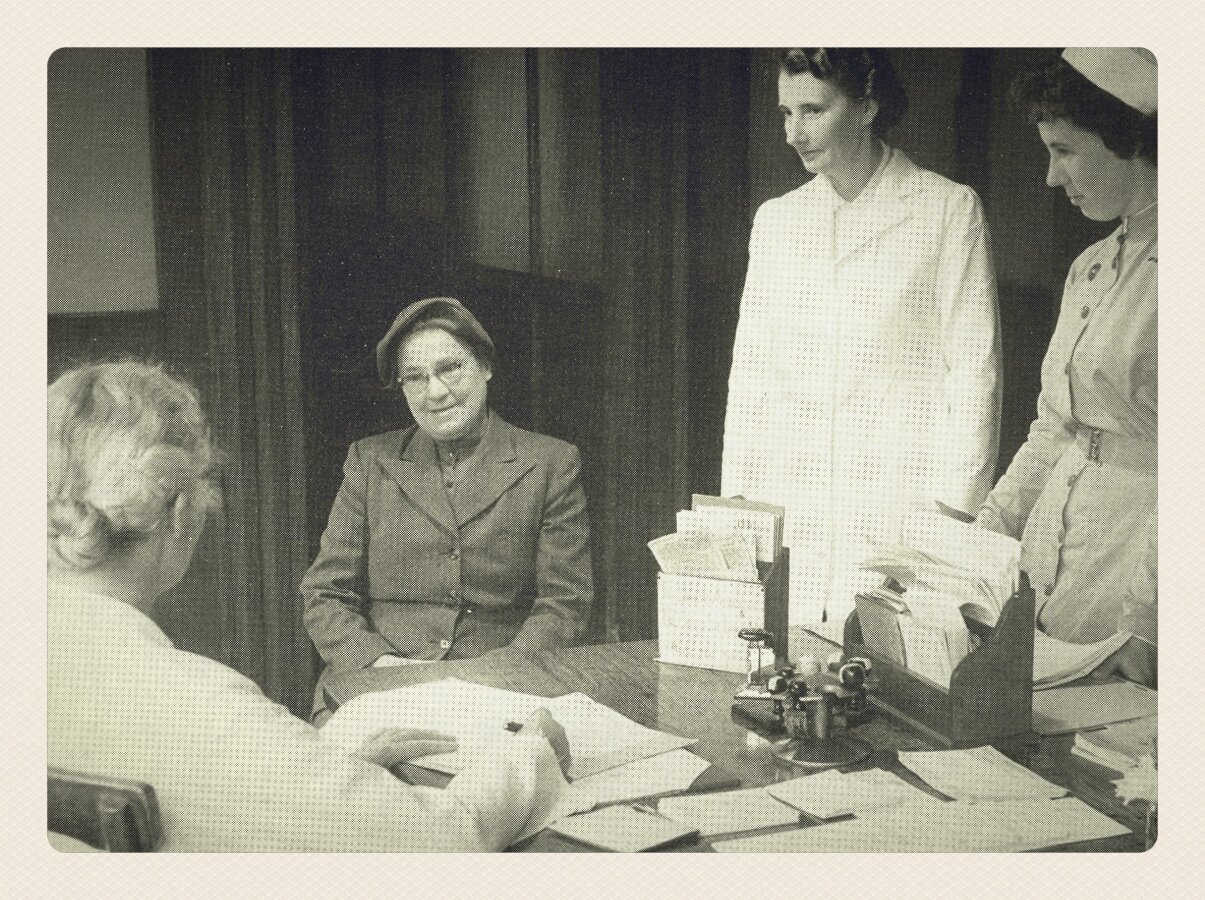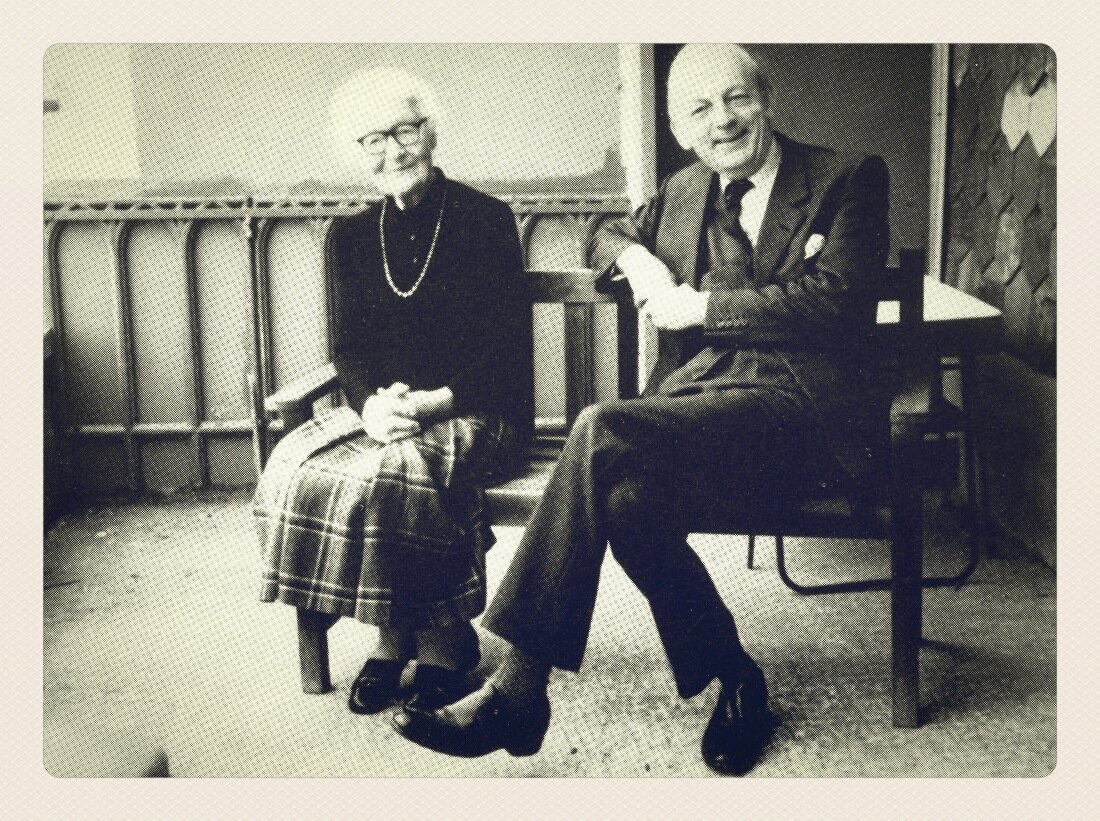Founded in 2012, the Leicester Diabetes Centre is a unique, collaborative partnership between the NHS and the University of Leicester. We have strong links with our local population, and are led by two of the top ten world diabetes experts.
PROFESSOR MELANIE DAVIES CBE
Professor Davies is a clinician and one of the UK’s leading clinical researchers. Along with Professor Kamlesh Khunti, she leads the Diabetes Research Centre based at the Leicester Diabetes Centre, one of the largest clinical research groups in diabetes in the UK.
Professor Davies, who collected her CBE in 2016 for services to diabetes research, is a Professor of Diabetes Medicine at the University of Leicester and practising Consultant at University Hospitals of Leicester NHS Trust. She has published many academic articles and been recognised by the National Institute of Health Research (NIHR) as one of England's most successful researchers.
She is the National Lead for the DESMOND Programme and Director of the NIHR Leicester Biomedical Research Centre (BRC). Professor Davies is one of the few senior investigators for the NIHR within the field of diabetes research.
PROFESSOR KAMLESH KHUNTI
Professor Khunti is also one of the UK’s leading clinical researchers. A Professor of Primary Care Diabetes and Vascular Medicine at the University of Leicester, he is the Director of NIHR ARC East Midlands. Professor Khunti is a NIHR Senior Investigator and Principal Investigator on several major national and international studies.
Professor Khunti, who collected his CBE in 2022 for services to diabetes research, has been elected as a Fellow of the Academy of Medical Sciences. He is currently an advisor to the Department of Health, a Clinical Advisor for the National Institute for Health and Care Excellence (NICE), and a member of the Primary Care Study Group of the European Association for the Study of Diabetes (EASD). He has won numerous awards internationally
Also a practising GP, Professor Khunti regularly ranks in Pulse magazine’s annual list of the top 50 general practitioners who are regarded as the most influential within the profession, the NHS, and government policy
Their work is supported by a multi-disciplinary faculty of clinicians, researchers, digital experts and community liaisons.
The Leicester Diabetes Centre is a clinical facility located on-site at the Leicester General Hospital. The LDC has in excess of 6000m2 of clinical research space accommodating our multidisciplinary team. The centre provides access to:
State-of-the-art clinical experimental medicine infrastructure
Spacious seminar rooms
Virtual consultation facilities
Research laboratories including biopsy rooms, clinical assessment suites, exercise laboratories
Microvascular Imaging Suite
Biomarker discovery and analysis laboratory
BioBank
DXA Machine
Indirect calorimetery
Multidisciplinary diabetes foot clinic
Latest technology for type 1 management
Leicester has a strong tradition and reputation for excellence in diabetes care dating back over 60 years to the pioneering work of Doctor Joan Walker in the 1950s.
Dr Walker established the first community diabetes clinics and the first diabetes research nurses in the UK. She started work at the Leicester Royal Infirmary (LRI) as honorary Physician during World War 2 taking care of people with diabetes. Today, Leicester also has the highest number of people with diabetes of any city in the UK.
Dr John Hearnshaw, was Dr Walker’s successor at the LRI in 1967. He was influential in the care of both children and adults with diabetes. He presented a review of childhood diabetes in Leicester from 1930 onwards at a meeting of the International Diabetes Federation which formed the basis of other prevalence studies.
This pioneering spirit is still at work in the Leicester Diabetes Centre. The original research department originated at the Leicester Royal Infirmary and was opened in 1996. At this time the main research work undertaken in the department was that of commercial drug trials.
Professor Davies began the diabetes research service in 2001 with one Nurse Research Fellow who was appointed to develop non-commercial clinical trials. This led to the success of the department’s first academic study looking into the combination of different oral agents in the treatment of Type 2 diabetes.
Since then, Professor Davies and colleague ProfessorKhunti have developed a talented and diverse team of over 150 researchers, clinicians and educationalists working together on an innovative research portfolio of successful academic and commercial trials.
In March 2012 the LDC became operational, hosted within the space of two clinical wards at the Leicester General Hospital with excellent access to patients. Following the expansion into a further two ward areas which included development of an exercise laboratory and state of the art training facilities, the LDC was officially opened by Olympian Sir Steve Redgrave in November 2013.
Leicester
The home city of the Centre has a strong tradition and reputation for excellence in diabetes care, dating back more than 60 years, with Dr Joan Walker’s pioneering work leading to the establishment of the first community diabetes clinic.
Leicester is now an ethnically and culturally diverse city. A vibrant place to visit, it has many attractions, such as the football club Leicester City, which won the Premier League title in 2016. The National Space Centre is also located in the city, which houses a space research programme. The remains of Richard III, the last English king to be killed in battle, were found in a Leicester car park in 2012 and have now been moved to the city’s cathedral.






















